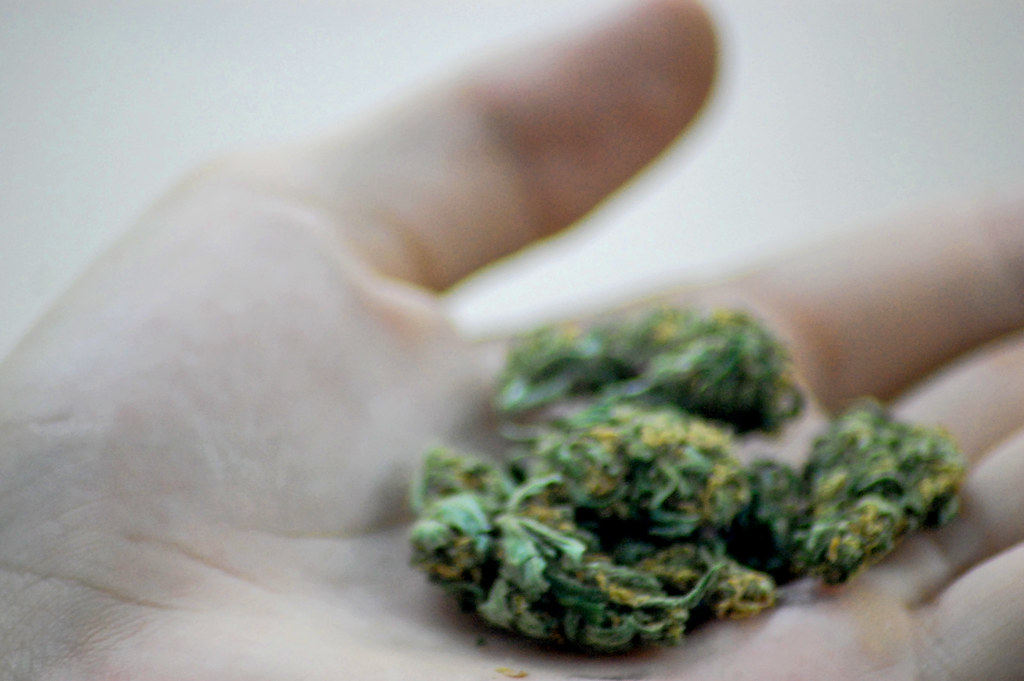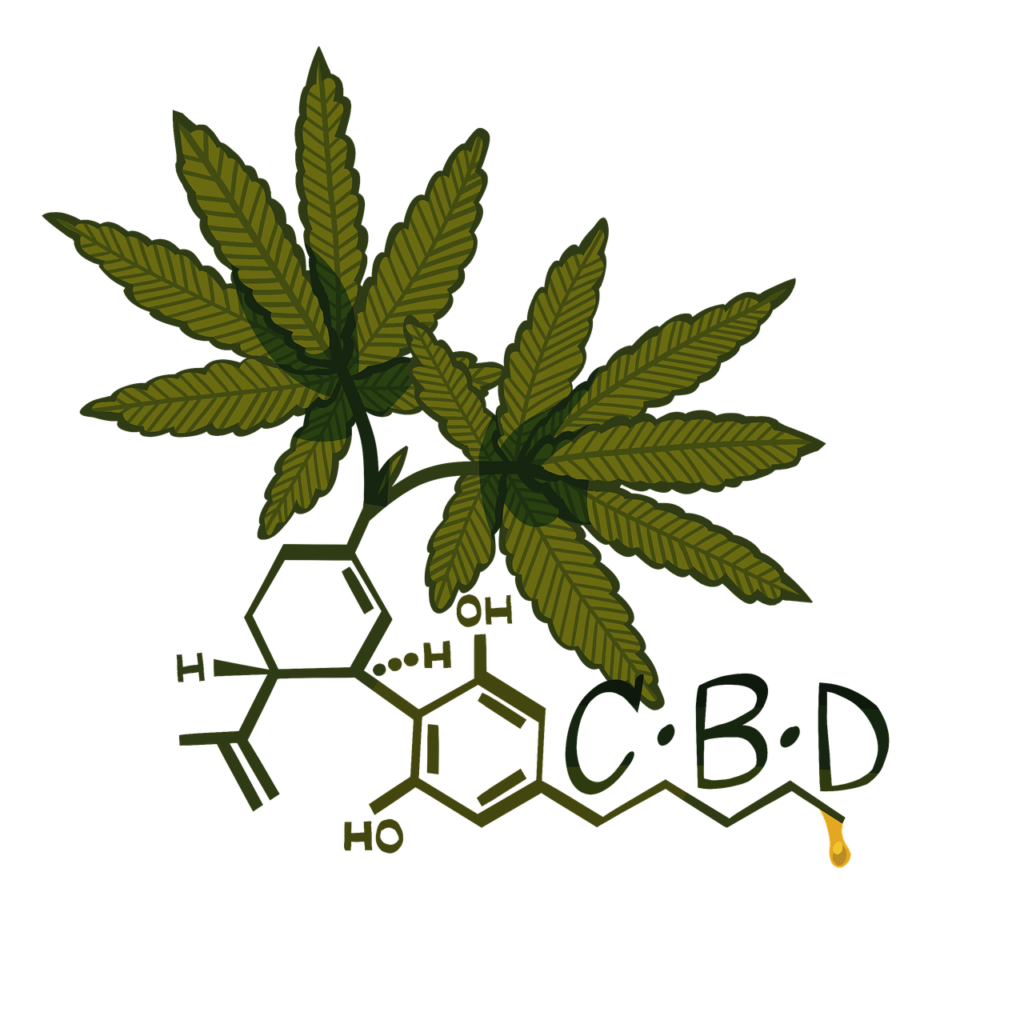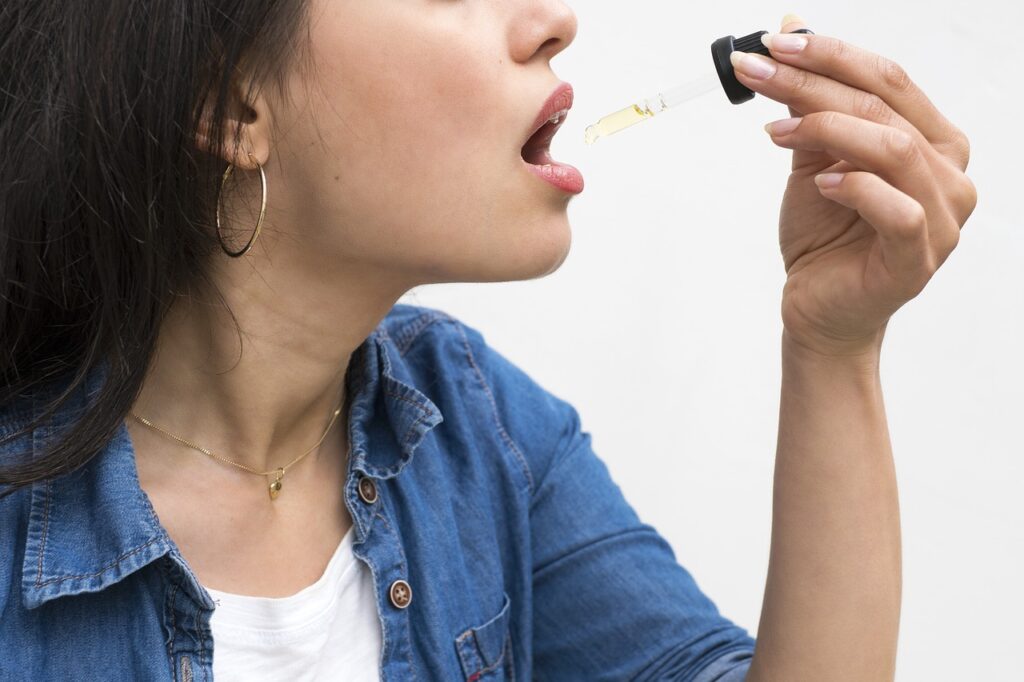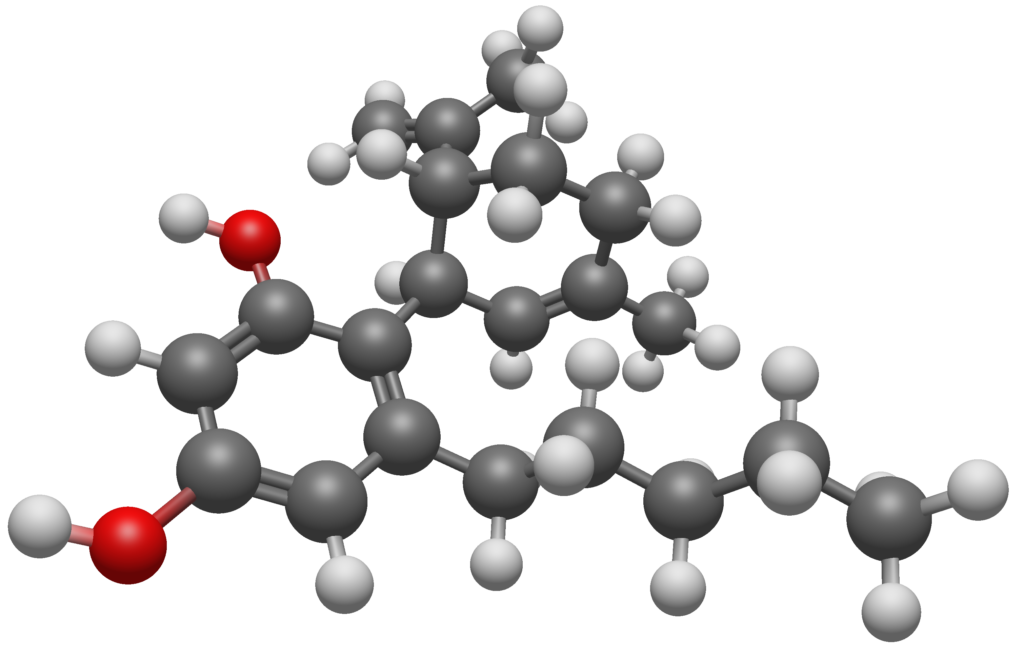First off, let’s clear up a common misunderstanding: industrial hemp is legal in the US and many other places. Plus, it won’t get you high. Keep reading to learn more about this incredible plant.
Hemp vs. Marijuana: Think of hemp and marijuana as cousins; related but not the same. They both come from the Cannabaceae plant family but are distinct varieties within the Cannabis genus, which includes cannabis sativa, cannabis indica, and cannabis ruderalis. Hemp belongs to the cannabis sativa strain, while marijuana can be from either sativa or indica strains.

The simplest way to differentiate them is by their chemical makeup. For a plant to be legally considered hemp, it must have less than 0.3% THC (the compound that can cause a high). Marijuana has more than that, sometimes much more. Hemp, however, is rich in CBD, a legal compound that counteracts THC’s effects.
THC vs. CBD: Cannabis plants contain many cannabinoids, ranging from 60 to over 100. These compounds are either produced naturally by our bodies (endocannabinoids) or can be ingested (phytocannabinoids).
Cannabinoids support body functions like sleep, mood, memory, pain control, and immune response. The most talked-about ones are THC and CBD. THC is psychoactive and causes the high associated with marijuana use. CBD, on the other hand, supports our central regulatory system without causing intoxication and is extracted from hemp. You can even buy CBD cream 20,000mg strength. One of our favorite retailers is Quiet Monk CBD. With a variety of products including CBD muscle balm and salves .
How Hemp Grows: Industrial hemp thrives outdoors and is one of the most eco-friendly crops. It’s resilient, grows in various climates, and has a dense canopy that blocks sunlight, reducing the need for pesticides. Its deep roots prevent soil erosion, and it needs relatively little water. Hemp absorbs a lot of CO2, making it a ‘carbon negative’ material.
History of Hemp: Hemp has been cultivated for over 10,000 years, starting in Japan around 8,000 BC. It was used for its fiber, as food, clothing, and in shipbuilding. Hemp was a global commodity, highly valued across Asia, the Middle East, and Europe. In the 16th century, UK law required farmers to grow hemp. However, by the 19th century, its popularity declined due to cheaper cotton and global trade. Misunderstandings and laws in the 20th century further reduced hemp cultivation, but it was re-legalized in the UK in 1993.

Different Uses for Hemp: Hemp has a vast range of uses, estimated between 25,000 to 50,000. It’s used in textiles, food, beauty products, building materials, paper, fuel, and biodegradable plastics. Every part of the hemp plant is usable, contributing to its sustainability.
- Seeds: Hemp seeds are nutritious, used in food, beauty products, and as a wood varnish.
- Stalk fiber: Used in textiles, rope, and carpets.
- Stem hurds: Used in building materials like ‘hempcrete’ and biodegradable plastics.
- Leaves and flowers: Great for compost, animal bedding, teas, and salads.
- Roots: Used in compost and some medicines.
Eating Hemp: Hemp seeds are a nutritional powerhouse, rich in protein, omegas, fiber, minerals, and vitamins. They can be eaten raw, used in oil form, made into milk, or turned into protein powder, offering a versatile, allergen-free food source.



